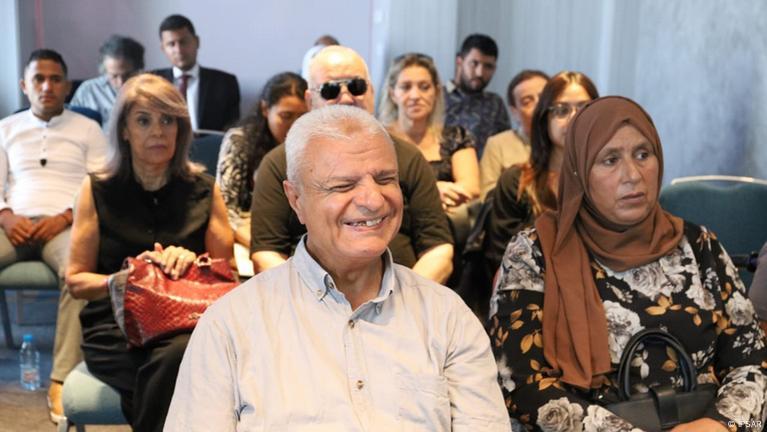Understanding the Connection between Disability and Poverty
Poverty and disability are intricately linked in Tunisia, as they are in many parts of the world. Individuals with disabilities often face substantial barriers that prevent them from accessing education, employment, and essential services. This cycle of disadvantage can perpetuate poverty across generations.
The Current Situation in Tunisia
In Tunisia, approximately 15% of the population lives with some form of disability. Many of these individuals struggle to secure stable employment, leading to economic instability. It is crucial to recognize that the lack of resources and opportunities for disabled persons significantly contributes to the broader issues of poverty in the country.
The Role of Government and NGOs
Government interventions and NGO efforts are essential in addressing the challenges faced by disabled individuals. Various organizations are working tirelessly to create inclusion programs and promote accessibility. However, more needs to be done to ensure these initiatives reach all communities effectively.
Strategies for Improvement
One potential strategy is to enhance educational accessibility for students with disabilities. Providing adequate resources in schools can empower young people, enabling them to pursue further education and employment opportunities. This will ultimately contribute to breaking the cycle of poverty.
Employment Opportunities and Support
Creating job opportunities through inclusive hiring practices is vital for improving the economic standing of people with disabilities. Employers should be encouraged to offer training and support for disabled individuals to thrive in the workplace. Such initiatives can dramatically change the poverty landscape in Tunisia.
Community Awareness and Advocacy
Raising community awareness about the capabilities of individuals with disabilities can shift societal perceptions. Advocacy campaigns can promote positivity while educating the public on the importance of inclusion. Changing attitudes is a key step in ensuring protections and opportunities for disabled individuals.
Looking Ahead: A Collaborative Effort
A comprehensive approach involving the government, NGOs, and communities is necessary for lasting change. By working together, stakeholders can address the systemic barriers that perpetuate the cycle of disability and poverty in Tunisia. For more detailed insights on this issue, visit Disability and Poverty in Tunisia.
Conclusion
Addressing disability and poverty in Tunisia is an urgent priority for ensuring equity and social justice. With concerted efforts and collaborative strategies, there is hope for a brighter future for all individuals, regardless of their abilities. Empowering individuals with disabilities can significantly improve not only their lives but also contribute to the overall progress of Tunisian society.

